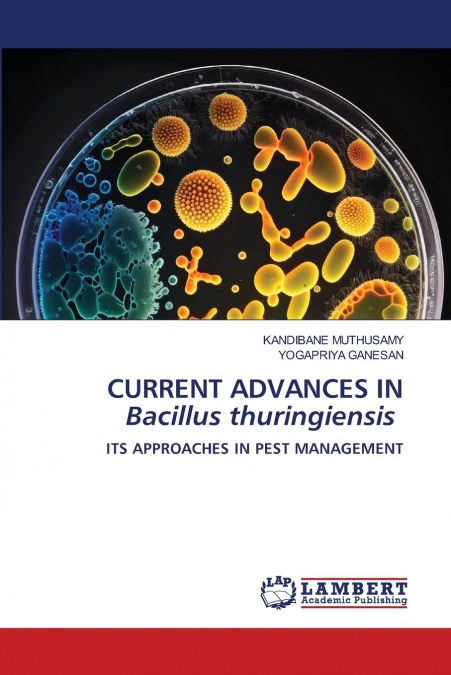
Kandibane Muthusamy / YOGAPRIYA GANESAN
Bacillus thuringiensis (B.t.) is a gram-positive soil bacterium used as one of the entomopathogen to manage lepidopteran pests in field as well as in horticultural crop pests. The various formulation of B.t. were successfully used to protect the environment and foods from the contamination of chemical pesticide residues in pest management. The discovery of B.t. toxins with novel insecticidal activity against pests and the development of genetically modified plants opened a new era of pest management. Transgenic B.t. crops, including maize, cotton and soya bean, have now been produced and commercialized to protect crops against about 30 major coleopteran and lepidopteran pests, greatly benefiting the environment and the economy. However, with the long-term cultivation of B.t. crops, some target pests have gradually developed resistance. Numerous studies have indicated that mutations in genes for toxins activation, toxin-binding and insect immunization are important sources in B.t. resistance. An in-depth exploration of the corresponding B.t. resistance mechanisms will aid in the design of new strategies to prevent and management of pests.